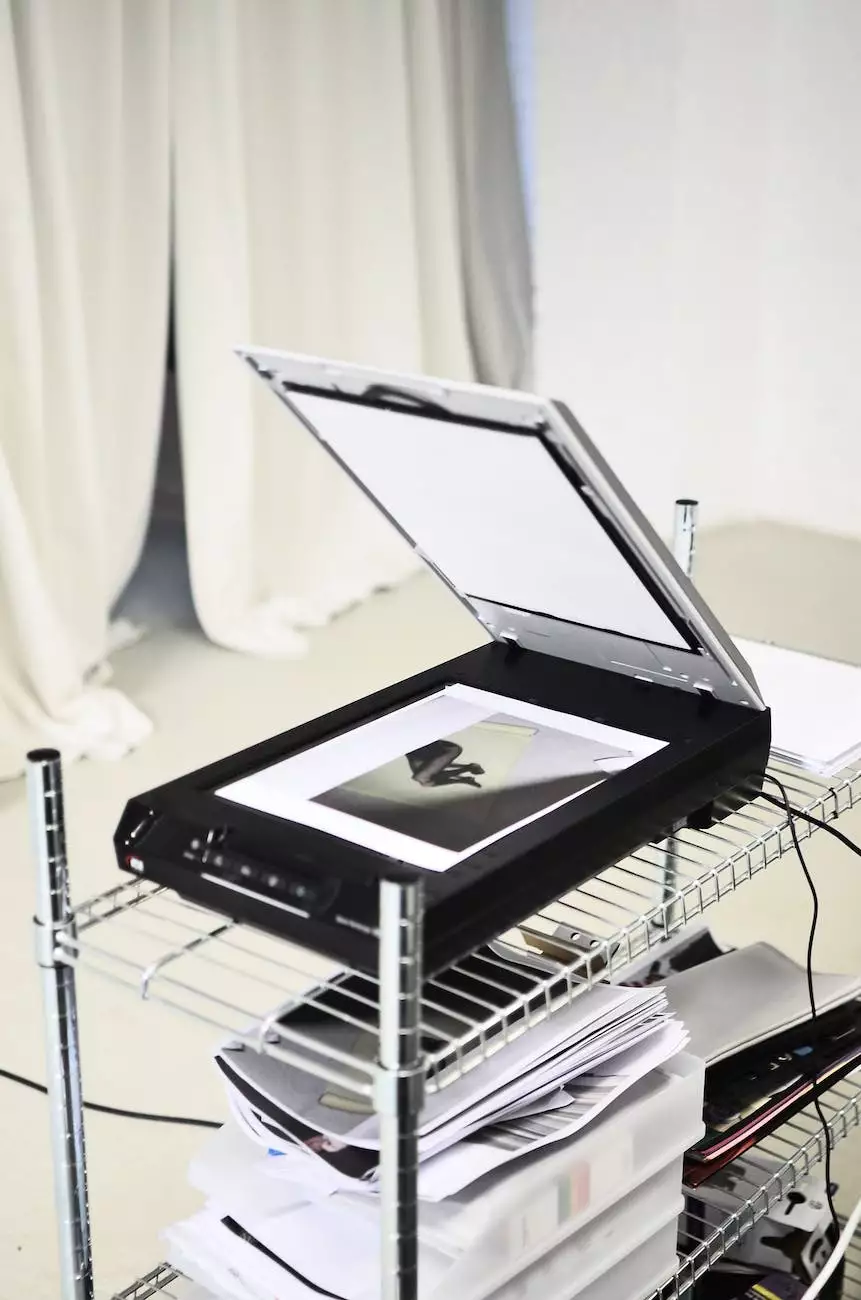4 Industries That Regularly Use Industrial 3D Scanning
Blog
In today's highly digitized world, industrial 3D scanning has revolutionized various sectors, enabling businesses to enhance productivity, achieve greater precision, and ensure robust quality control. Industries across the spectrum are leveraging the power of cutting-edge technology to transform traditional manufacturing processes. This article sheds light on the four main industries that regularly rely on industrial 3D scanning to drive innovation and stay ahead in the competitive landscape.
1. Automotive Industry
The automotive industry has been at the forefront of adopting industrial 3D scanning technology. From designing and prototyping to inspecting and reverse engineering, automotive manufacturers use 3D scanning to accelerate the entire product development lifecycle. With 3D scanning, automotive engineers can capture accurate geometric data to analyze and optimize design iterations quickly. Whether it's quality assurance, mold/part inspection, or dimensional analysis, industrial 3D scanning empowers the automotive industry to boost efficiency, reduce costs, and optimize performance.
2. Aerospace and Aviation Industry
The aerospace and aviation industry demands utmost precision and safety in every aspect. Industrial 3D scanning plays a vital role in this sector, enabling engineers to capture complex geometries and ensure an accurate fit of components. With high-accuracy 3D scanning, aerospace manufacturers can streamline the production of critical components, detect defects, and perform advanced simulations. From turbine blades and engine parts to fuselage inspection, industrial 3D scanning supports the aerospace and aviation industry in maintaining the highest quality standards while optimizing manufacturing processes.
3. Medical and Healthcare Industry
In the medical and healthcare industry, precision and customization are paramount. Industrial 3D scanning facilitates the creation of patient-specific medical devices, orthotics, prosthetics, and implants. With 3D scanning, healthcare professionals can capture accurate anatomical data, enabling personalized treatment plans and customized solutions. Additionally, industrial 3D scanning aids in surgical planning, virtual simulation, and training for complex procedures. The medical and healthcare industry benefits immensely from the enhanced patient outcomes, reduced costs, and improved overall efficiency provided by industrial 3D scanning.
4. Architecture and Construction Industry
The architecture and construction industry relies on precision and efficiency to bring visionary projects to life. Industrial 3D scanning plays a critical role in streamlining the design and construction process. Architects and engineers utilize 3D scanning to capture as-built data, allowing for precise measurements and accuracy in constructing buildings. The captured 3D models assist in clash detection, managing renovations, and collaborating effectively with all stakeholders involved. With industrial 3D scanning, the architecture and construction industry can reduce errors, minimize rework, and improve project timelines.
As technology continues to evolve, industrial 3D scanning will witness further growth and adoption in these industries and beyond. Forward-thinking businesses understand the significance of embracing cutting-edge solutions to gain a competitive edge. At RPM Design and Prototype, we specialize in providing comprehensive industrial 3D scanning services that cater to the unique needs of various industries. Our team of experts utilizes advanced scanning equipment and software to deliver accurate, reliable, and efficient outcomes.
Discover how RPM Design and Prototype can empower your business with industrial 3D scanning technology. Contact us today to learn more about our services and schedule a consultation.










